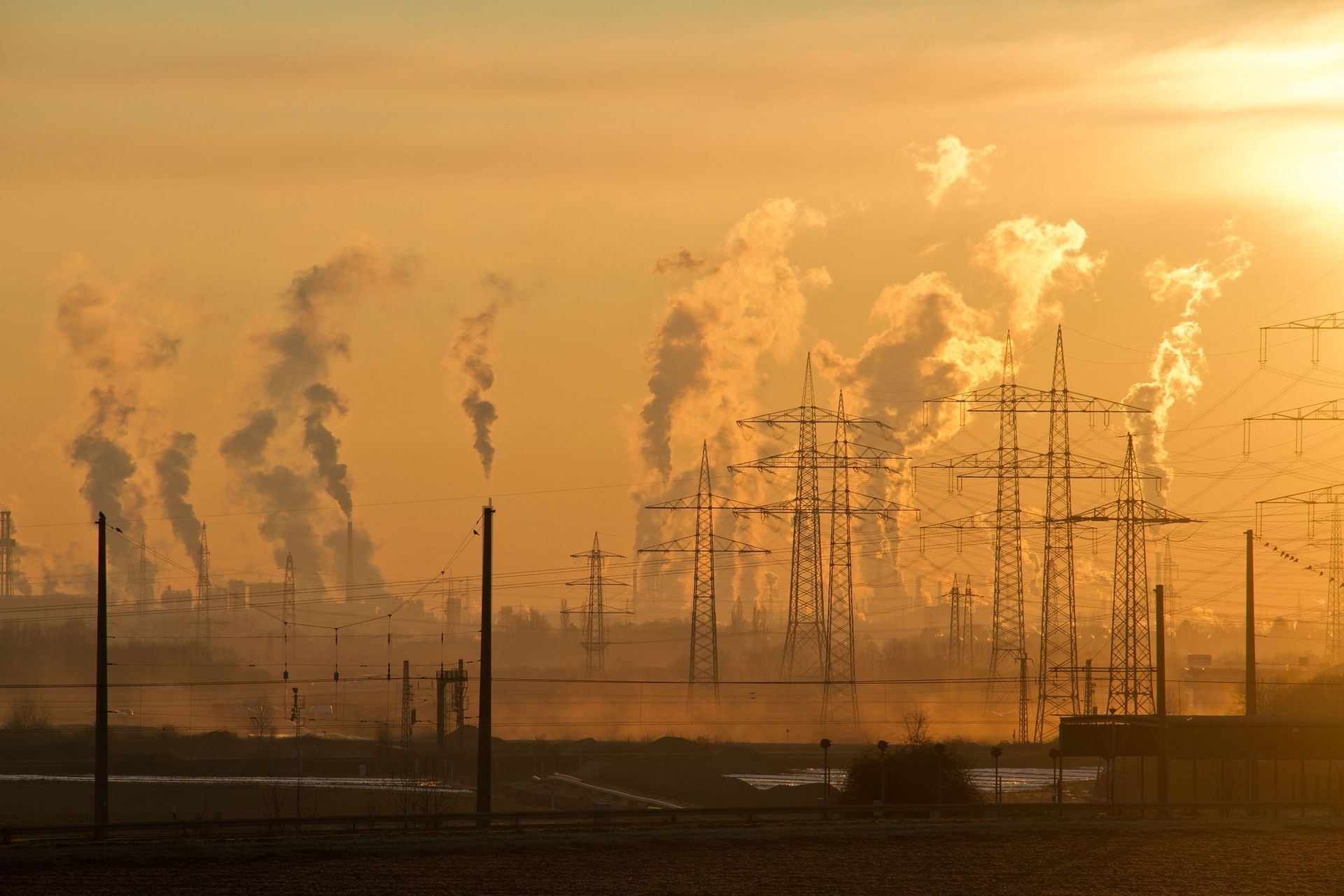Who we are
The Climate Change Impacts and Risks in the Anthropocene (C-CIA) Chair is headed by Prof. Markus Stoffel and consists of a multidisciplinary team of more than 20 senior researchers, PostDocs, and PhD students, specializing in climatology, paleoclimatology, geomorphology, hydrology, (forest) ecology, social impacts of climate change, natural hazards and risk assessment as well as in UAV-based remote sensing and GIS.
The C-CIA chair is located at the Institute for Environmental Sciences at the University of Geneva, and affiliated with the University’s Departments of Earth Sciences and F.-A. Forel for Aquatic Sciences.
What we do
Human activity increasingly affects weather and climate, but also contributes to the degradation of the environment. Impacts of changing climate are affecting human and natural systems in far-reaching ways. Impacts are evident across most regions and in many sectors important to society—such as natural disasters, ecosystems, agriculture and food security, water supply, energy, or human health, just to name a few—and are expected to become increasingly disruptive throughout this century and beyond.
The C-CIA Chair analyses the impacts and risks of changing climate, with a temporal focus of research on the Anthropocene – the Earth’s most recent geologic time period. Our research addresses both the past millennium, a time for which overwhelming evidence exists for a steadily increasing human-induced alternation of atmospheric, geologic, hydrologic, biospheric and other earth system processes, but also addresses possible future changes across systems and up to the end of the 21st century.
Members of the C-CIA Chair evaluate how patterns of risks have been (and will be) shifting as a result of global change. In this context, the C-CIA team considers how climate-related impacts have evolved over time and how their negative impacts can be reduced by improving the resilience of societies through adaptation and mitigation strategies. Any reduction or avoidance of the negative impacts of climate change and climate risks require robust and reliable, science-informed information for those stakeholders and policy makers in charge. For this purpose, the C-CIA Group develops crucial baseline data (climatology, hydrology, geomorphology, cryospheric processes, forest ecology, mass movement and flood reconstructions) to advance understanding and awareness of climate impacts and related hazards and risks, often in close collaboration with public and private entities. In parallel the C-CIA Group also investigates options for transforming risk management, for example by carrying out stakeholder-led processes to support climate risk policy and decision-making.
Our research group investigates a variety of physical processes and climate impacts with a particular focus on high latitudes and high altitudes across the globe including the European Alps, the Himalayas, Central Asian Tian Shan, Siberia, Arctic Canada, and the South American Andes.







